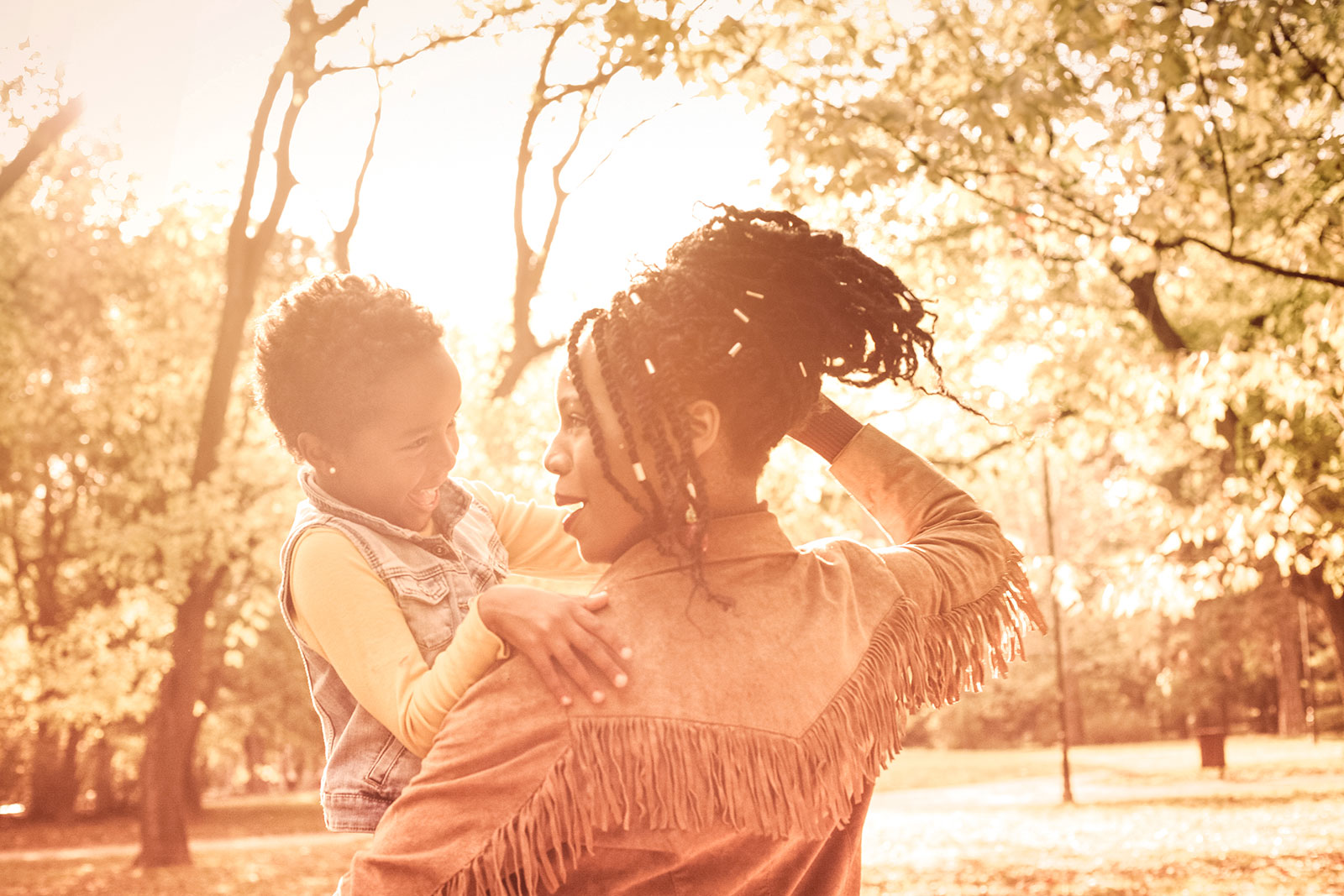My favorite childhood memories have a soundtrack—specifically, the soul music of the ‘60s and ‘70s that defined my mama’s youth. I can remember jamming to cassette tapes of Curtis Mayfield, Martha and the Vandellas, Al Green and Stevie Wonder. Of course, Wonder’s 1976 classic “Songs in the Key of Life” is burned most into my consciousness. It was my mom’s favorite album and often played on car rides shuttling between activities and road trips to see our kin.
My parents moved to my hometown of Quincy, Ill., not long after my second birthday. They intended it to be a temporary stop. They were a part of a new rising Black middle class, and they were blazing through a series of firsts. They were the first in their immediate families to go to college; the first Black folks in management positions at their respective jobs; the first Black family to move onto the block. And season after season, year after year, it became apparent that this place they once considered a pitstop on the pathway to their future was seemingly a permanent destination.
Then, just before I started high school, my dad secured a new job. He moved to the location a year ahead of us, surveyed the landscape, looked for houses and allowed me to finish out eighth grade surrounded by friends. That year proved to be an important one in the evolution of my relationship with my mama. It was, in the poignant words of Bill Withers, just the two of us.
We established a rhythm of talking openly and honestly about all the girlhood questions that I was too embarrassed or shy to ask in my dad’s presence. She shared with me out of the wisdom of her experience, vulnerability resurrecting stories from her own adolescence and naming what she wished she would have known. I may not have always understood, but I listened. From the weight of her words, I could tell that what she was sharing was necessary, even if it would take years for me to fully grasp its depth.
Black women are 40 percent more likely to die of breast cancer than white women and twice as likely to die if they are over 50.
We also danced. Mama taught me the dance moves of her youth that went along with that car soundtrack. Every time she would move her body and get lost in the beat, it was as though she were being transported back to a younger, freer version of herself. We laid the foundations for what would become a deep and abiding friendship in adulthood. A few weeks before our anticipated move, the music came to a halt when she was diagnosed with breast cancer.
My mother’s journey with cancer lasted 14 years. Through metastasis and malignancy, remission and return, she treated her condition at times the way some people would treat seasonal allergies as a pesky nuisance that needed tending lest it take over her life.
She was stubborn. When the disease progressed to stage IV and her doctors predicted she would only have months left, she proved them wrong by living for years.
I have a complicated relationship with her strength. We are fond of praising Black women for their resilience and fortitude in the face of struggle. We are quick to celebrate #Blackgirlmagic and yell #trustBlackwomen when our political goals and objectives require Black women’s participation. But when it comes to shifting power and making changes to the material conditions that impact Black women’s lives like improving access to affordable health care, we become lost.
Despite tremendous advancements in the diagnosis and treatment of the disease in recent years, the American Cancer Society notes that Black women are 40 percent more likely to die of breast cancer than white women and twice as likely to die if they are over 50. Among younger women, Black women have higher rates of breast cancer compared to white women.
The Susan G. Komen Foundation notes several reasons for this disparity in their fact sheet “Racial and Ethnic Differences in Breast Cancer,” including differences in the makeup of the tumor, later stage of breast cancer at diagnosis and barriers to high-quality care (such as not having health insurance). Even after looking at income, past screening rates and access to care, Black women have more advanced breast cancers at diagnosis and have worse survival than white women in the U.S.
These statistics only tell part of the story. The history of the U.S. medical field has countless examples of exploitation of Black women’s bodies. The Healing Histories Project works in solidarity with many health and healing practitioners and workers by holding with dignity and respecting the lives and communities they care for, disrupting the state’s abuses.
In their curriculum, they note, “The impact of generations of medical racism, of diagnosis in relationship to the ideas of ‘normal’ bodies and of eugenics and forced experimentation depends on the ability of someone—the doctor, the researcher, the therapist, the academic, the detention officer, the judge—to strip someone of their complex humanity and turn them into an object to be fixed or solved or discarded or controlled.”
Put simply, there is a historically based reason why Black women have tended to be suspicious of the health care system. Even those in positions of power and influence have had the experience of having their concerns dismissed, as the case of Serena Williams’ near-death experience with blood clots after giving birth illustrates.
It feels like my mama never really stood a chance.
She died on the eve of Mother’s Day five years ago and the shape of my world has never been the same. Last year, I gave birth to her grandson with her photo beside me and one of her old scarves wrapped around me.
During the golden hour—the first 60 minutes of my baby’s life—I knew that I wanted music to play. So I asked my husband to hand me my iPhone, scrolled through my albums to the letter “S” and started “Songs in the Key of Life,” giving gratitude for the life that was and the new life just beginning.
Rev. Jennifer Bailey is an ordained minister and the founder and executive director of the Faith Matters Network. Her new book “To My Beloveds: Letters on Faith, Race, Loss and Radical Hope” is available now.







